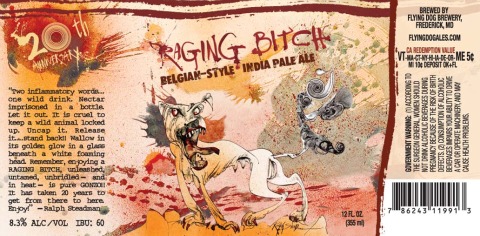Google Account Experiment
Like many, I use my real name in my Gmail email address. I swear by the service and have had an account since they became publicly available. Earlier today, someone re-sent me an email they mistakenly sent to firstname.lastname@gmail.com, whereas mine is the last.first@gmail.com. So, I tried to register the former as a catchall but it's not available. I wondered whether another Joe Merante had claimed it. There are more than one of us out there, although we don't have a town named after us and no yearly gathering (yet?), unlike the Phil Campbells of the world. (Sadly, while searching for links to Phil Campbell, AL and the Phil Campbell Convention, I noticed the town has recently been devastated by a tornado. You can help here .) I couldn't find another claim to a similar email address but remembered the feature in Gmail that will deliver a message even if there is a (misplaced) period anywhere in a recipient's address. For example,...
